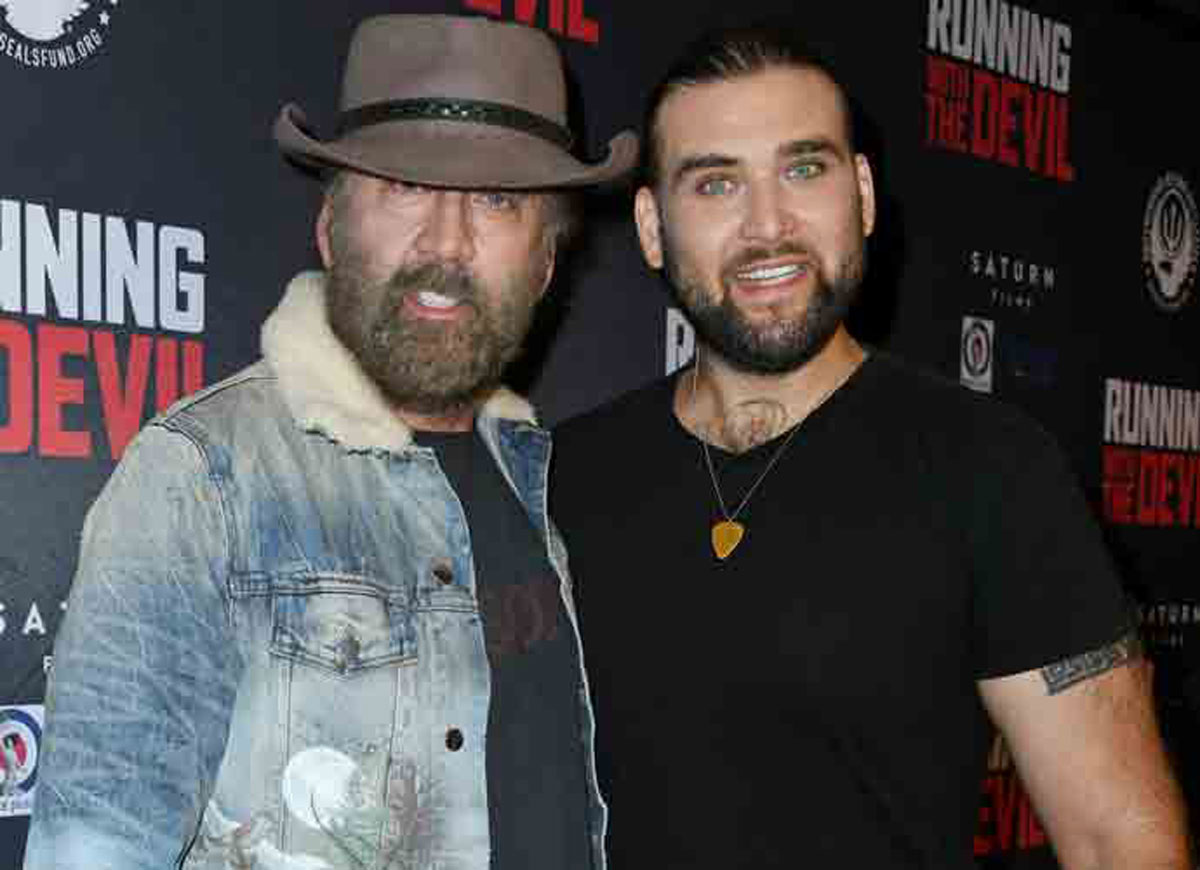Trump & Robert F. Kennedy’s Comments Spur New Debate Around Vaccines & Autism
President-elect Donald Trump and his Health and Human Services Secretary nominee, Robert F. Kennedy Jr., are stirring a new conversation about childhood vaccines.
Trump suggested in his Time Magazine Person of the Year interview that vaccinations administered in childhood could contribute to rising autism rates, which has been repeatedly debunked by research.
“The autism rate is at a level that nobody ever believed possible. If you look at things that are happening, there’s something causing it,” said Trump.
Trump, who oversaw the development of the Covid-19 vaccine during his first administration, noted that he still wants to see the numbers on vaccine research to see “what’s good and not good.”
Subscribe to our free weekly newsletter!
A week of political news in your in-box.
We find the news you need to know, so you don't have to.
Kennedy, whose children are vaccinated, supports parental choice around vaccines. But he has spread conspiracy theories against vaccines, primarily for measles and COVID-19.
Public health experts are alarmed at Kennedy’s nomination to oversee public health.
Before vaccines were available in the U.S. in 1963, most children under the age of 15 contracted measles. An outbreak can happen if less than 95% of the population is vaccinated, affecting vulnerable people.
The myth that vaccines cause autism came from a 1998 retracted study by Andrew Wakefield, a British physician. Wakefield’s study looked at only 12 children in the UK with developmental delays. Eight of the children received the measles, mumps and rubella vaccine and developed symptoms similar to autism two weeks later.
It was later found that there was no association between the vaccine and the children’s development of autism. Dr. Matthew Boulton, professor of epidemiology and internal medicine at the University of Michigan School of Public Health, noted in public statements that no other therapeutic medication goes through extensive safety testing like vaccines.
Autism spectrum disorder is a neurological developmental disorder that affects how people communicate, learn and behave. Symptoms of autism typically appear earlier in life. Since it is a spectrum, autism ranges from some people showing mild signs to some completely nonverbal.
Autism rates have increased from 1 in 150 children born with it in 1992 to 1 in 36 children in 2012, according to the CDC. The lack of explanation for the increase has fueled theories, but many new cases of autism appear to be more mild.
Get the most-revealing celebrity conversations with the uInterview podcast!






Leave a comment